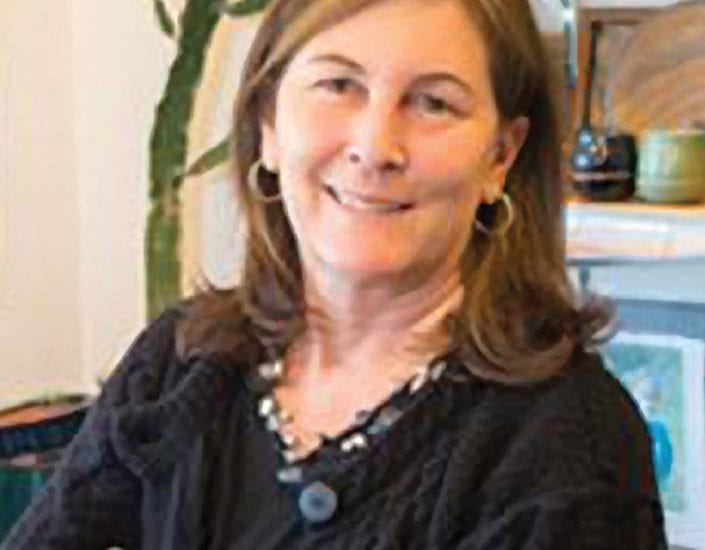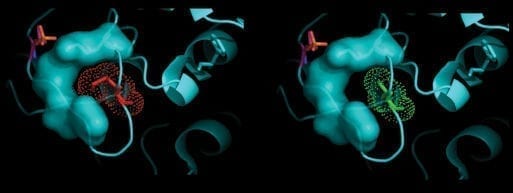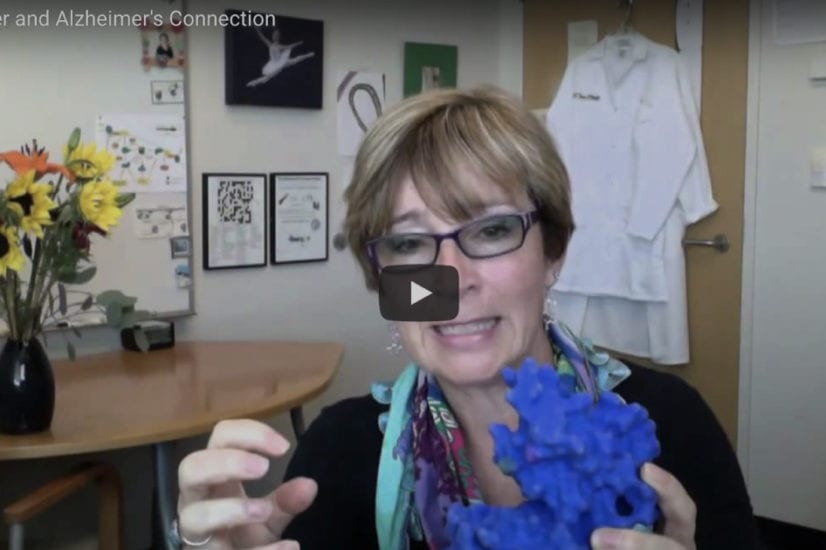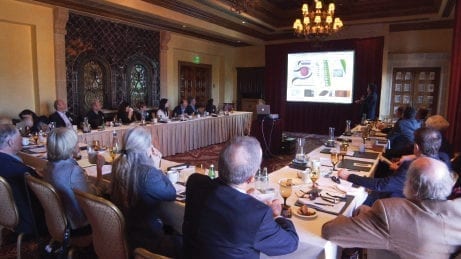In a significant discovery, a group of proteins long associated with cancer research has been shown to have an important link to Alzheimer’s disease. Among other implications, this advance could fast-track Alzheimer’s drug development, as there are already relevant therapies in active cancer trials.
The protein family, protein kinase C, also known as PKC, helps cells throughout the body and brain respond to cues from their environment—it is an information processor, or “signal transducer.” Balancing the activities of these proteins so that they are active in just the right proportion is essential for cellular homeostasis—functional balance in all of our cells. In a first-of-its-kind study supported by Cure Alzheimer’s Fund (CAF), Dr. Alexandra Newton, Professor of Pharmacology at the University of California, San Diego (UCSD), was able to show that excessively active PKC is associated with Alzheimer’s, thus identifying PKC as a potential therapeutic target.
Dr. Newton has spent virtually her entire career studying the biochemistry and function of PKC. “Because PKCs can be affected by tumor-promoting molecules, the dogma over the past thirty-plus years has been that overly active PKC drives cancer progression,” explained Newton. But things didn’t add up—clinical trials with drugs to inhibit PKC have not only failed but, in some cases, worsened patient outcomes. To find out whether PKC suppresses or promotes cancer, Newton’s lab turned to the disease for an answer. Recent large-scale sequencing of tumors from thousands of cancer patients has identified hundreds of cancer-associated mutations that occur in PKC. Her lab posed the question: are these mutations activating or inactivating? To her surprise, the cancer mutations turned the protein off. “So having PKC is a good thing,” she said. “It protects against cancer. You take it away, and you give the cancer cell a huge survival advantage.”
When CAF Consortium member Dr. Roberto Malinow, a colleague of Newton’s at UCSD, discovered that mice lacking a certain type of PKC had brain differences relevant to Alzheimer’s, he asked Research Consortium Chairman Dr. Rudy Tanzi to look for genetic mutations in PKC in his genome sequencing of Alzheimer’s families. Dr. Tanzi subsequently found relevant mutations. Dr. Malinow then suggested that Dr. Newton examine how these mutations impact PKC function. “Imagine our excitement,” she said, “when we discovered that this mutant PKC, found in four unrelated Alzheimer’s families, had increased activity—the opposite of what occurs in cancer.”
“It’s becoming apparent,” Newton explained, “that PKC is a modulator that keeps signaling pathways in check so you don’t overly signal. Its activity has to be perfectly balanced. If you don’t have enough or if you have too much, you get pathologies.”
Newton’s study was funded as part of CAF’s ambitious new “Genes to Therapies” (G2T) program. “Cure Alzheimer’s Fund was instrumental,” she said, “both in pointing out the mutations and in funding this study. They have changed the direction of our research.”
She added: “This is just the tip of the iceberg. We’ve only looked at one of Dr. Tanzi’s mutations. There’s so much more to do.”
“Collaboration is one of the founding principles of our innovative consortium,” said CAF Chairman Jeffrey Morby. “This groundbreaking research is yet another example of what can be accomplished when you encourage fluid working relationships between the best scientists in the world.”







